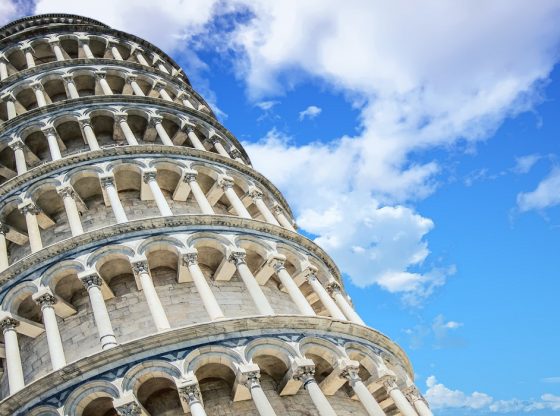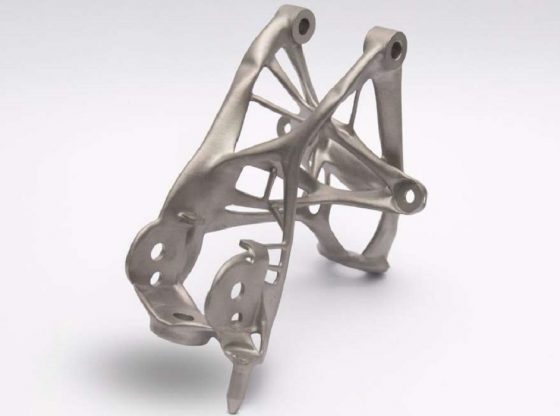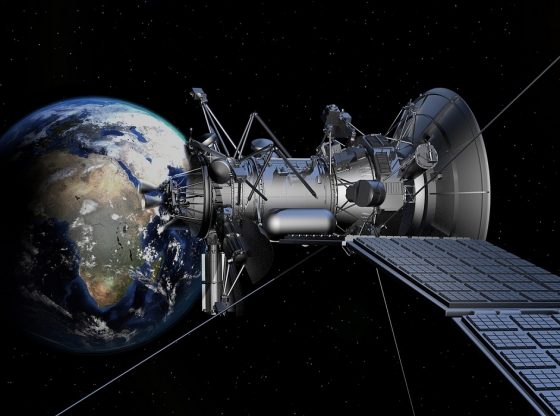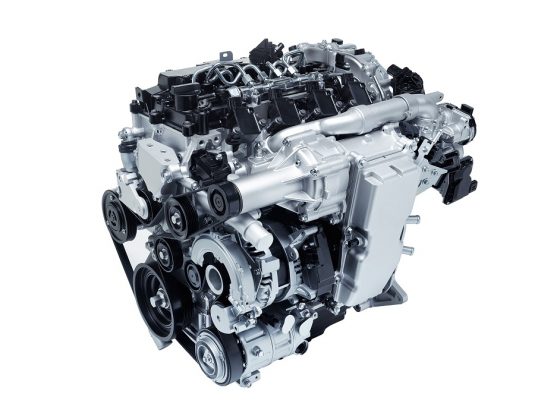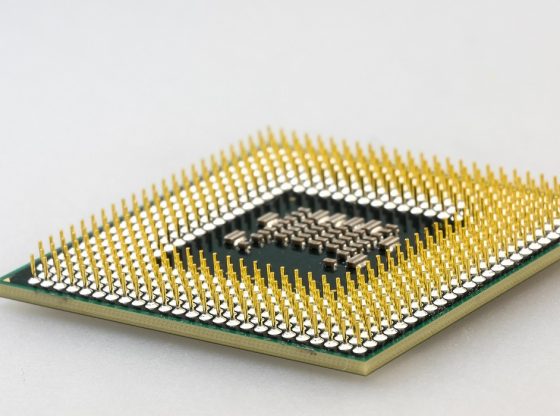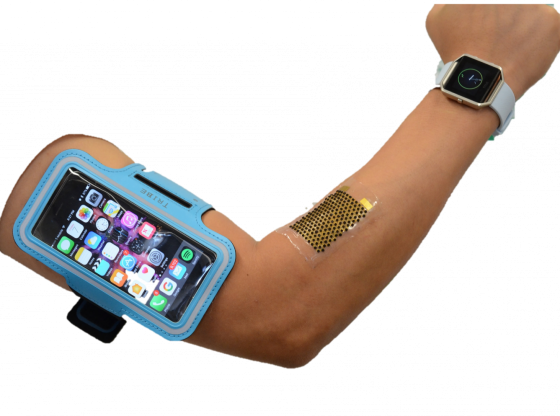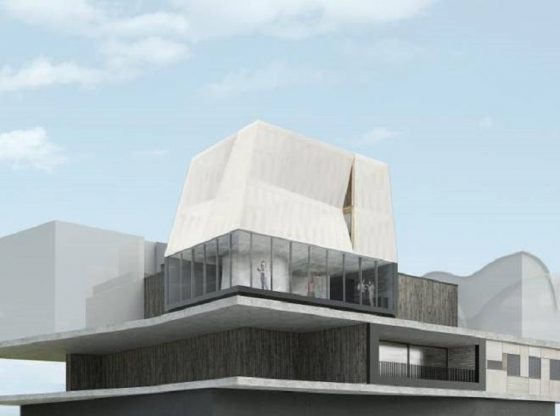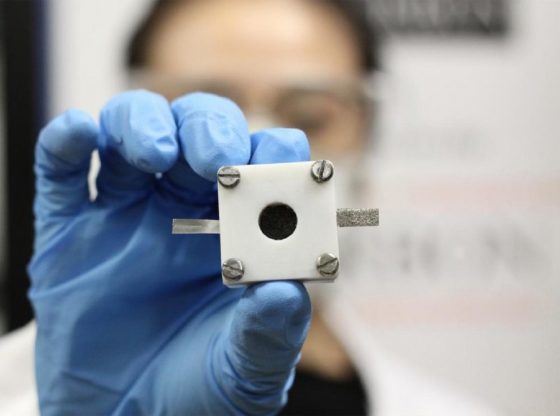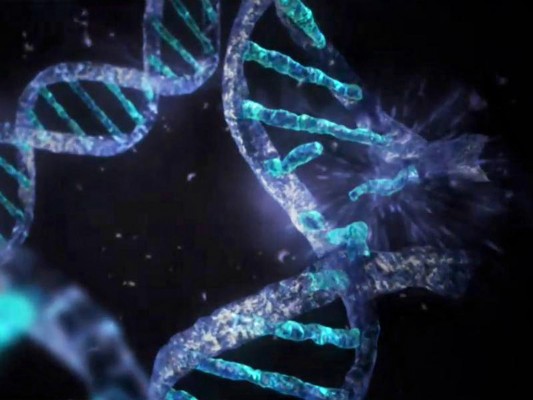
Biology’s own databank, DNA, has long tantalized researchers with its potential as a storage medium; fantastically dense, stable, energy efficient and proven to work over a time-span of some 3.5 billion years.
The possibilities are indeed staggering, a cubic millimeter of DNA can store about 704 terabytes of data. But if we are ever to use DNA as a storage medium for data there are several obstacles on the way. One big obstacle at present is the time it takes to process the data once stored, the so-called DNA sequencing.
Now a research team led by George Church, Sriram and Yean Gao at Harvard Medical School is aiming to successfully store data using DNA and then easily access the stored data.
The team managed to store 96 bits of a DNA strand by setting a binary value to each base of DNA, A, C, G and T. The genetic sequence is then synthesized by a microfluidic chip that matches the sequence of its position in the relevant datasets and this is managed even when all the DNA strands are not in order.
The research is quite impressive and DNA data might actually be a reality in the future. Check out the below interview for more information.
________________
http://hms.harvard.edu/content/writing-book-dna
________________________________


